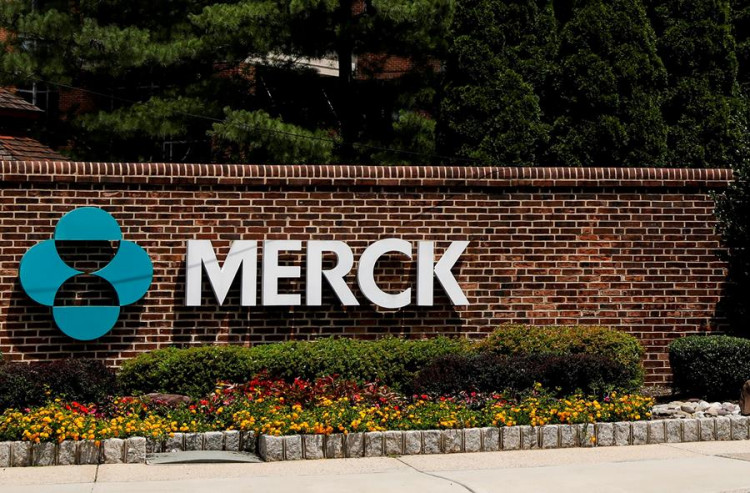Merck & Co. on Thursday warned that tariffs already imposed under the Trump administration are expected to cost the company $200 million in 2025, a figure that does not account for further pharmaceutical-specific levies under current national security review.
The U.S. drugmaker said it expects the $200 million hit from tariffs currently in place, including those from foreign governments responding to U.S. actions, particularly China. The estimate was included in its full-year financial forecast, which was adjusted downward due to both tariff-related costs and a licensing charge from a deal with China's Hengrui Pharma.
Merck reported a 7% rise in first-quarter adjusted profit, reaching $2.22 per share, topping analyst expectations of $2.14, according to LSEG. Net income climbed to $5.61 billion, while worldwide sales dipped 2% to $15.5 billion-still above the forecasted $15.3 billion. Sales of Gardasil, its HPV vaccine, plunged 41% to $1.3 billion after Merck paused shipments to China due to falling demand. Keytruda sales rose 4% to $7.2 billion, below analyst projections.
Merck reiterated its 2025 revenue guidance of $64.1 billion to $65.6 billion but trimmed its adjusted earnings forecast to between $8.82 and $8.97 per share from a prior range of $8.88 to $9.03.
Meanwhile, Swiss pharmaceutical company Roche disclosed it has petitioned the U.S. government for tariff exemptions. CEO Thomas Schinecker said on Thursday that four of its medicines accounted for 92% of Roche's “potential tariff exposure" and that production of three has already been moved to the U.S.
Schinecker emphasized that indiscriminate tariffs did not take into account the sizeable manufacturing base Roche already had in the U.S. and the complexity of the drugs it manufactured. He added, "For diagnostics, when you have 10,000 products, you cannot produce 10,000 products in every country."
Roche also confirmed a $50 billion U.S. investment plan and maintained full-year financial guidance after reporting a 7% jump in first-quarter sales, driven by Phesgo, Vabysmo, and Xolair.
The Trump administration earlier this month launched a 21-day national security investigation into the pharmaceutical sector-a move widely seen as a precursor to additional tariffs aimed at boosting domestic manufacturing. Trump has placed on hold 31% tariffs on Swiss goods, among sweeping duties on other nations, for 90 days.






